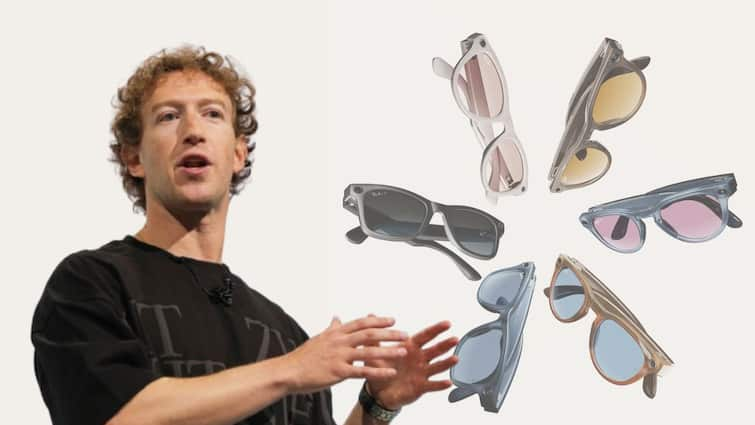Mark Zuckerberg is betting smart glasses will be the next big tech change, and Meta will show that vision at Meta Connect this week. He thinks people could use glasses instead of always taking out a phone. Meta’s Ray-Ban AI glasses sold more than expected and helped revenue grow. These glasses use simple AI features, like translating speech and naming objects, that can be handy every day. Meta plans new models with displays and gesture controls.
The company hopes such products will become common for many users in everyday life.
Why Meta Is Betting On Smart Glasses
Meta sees a slow market for phones and wants a new way to grow. Smart glasses fit a need: hands-free help, quick answers, and real-time tools.
The Ray-Ban AI glasses do a few useful things now. They can translate speech, identify objects, and give short spoken answers. These features do not need heavy displays and work with small batteries. Selling more units showed people liked the idea.
Meta also owns a stake in EssilorLuxottica, the big eyewear maker, and this gives Meta access to stores and brands. By pairing hardware, AI, and retail power, Meta hopes to reach everyday buyers quickly. New price points and features could help wider groups buy them.
What This Could Mean For Users And The Industry
If smart glasses add screens and better apps, more people may use them daily. Users could check messages, maps, and quick facts without pulling out a phone.
That could change how apps are built and how developers design new services. For makers, success means a new market and new competition.
Apple, Google, and others are watching closely and may speed up their own work. But challenges remain. Battery life, privacy, and cost all matter.
Some people worry about cameras on faces and about being watched. Meta will need clear privacy steps and affordable models to win broad trust and steady sales. An app store and simple developer tools will be crucial, too.



